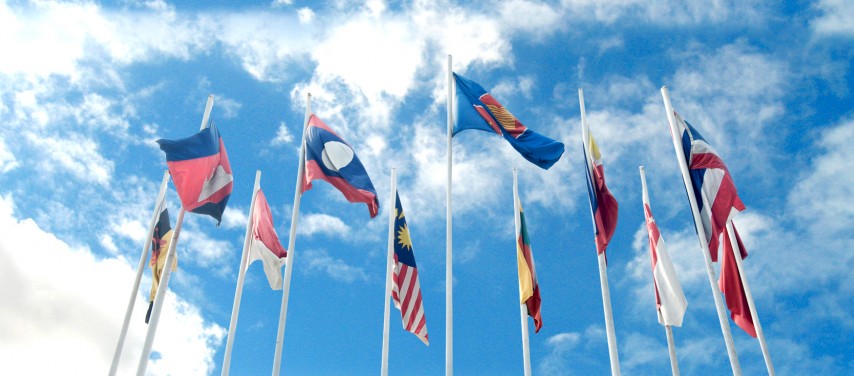The ASEAN Plus Three (APT) cooperation process began in December 1997 with the convening of an Informal Summit among the Leaders of ASEAN and China, Japan and the Republic of Korea (ROK) at the sidelines of the 2nd ASEAN Informal Summit in Malaysia.
The APT Summit was institutionalised in 1999 when the Leaders issued a Joint Statement on East Asia Cooperation at the 3rd APT Summit in Manila, the Philippines. The Joint Statement for the first time determined the main objectives, principles and further directions of APT cooperation. In the Joint Statement, the APT Leaders resolved to strengthen and deepen East Asia cooperation at various levels and in various areas, particularly in economic and social, political and other fields.
Eight years later, at the 11th APT Summit in 2007 in Singapore, the 2nd Joint Statement on East Asia Cooperation entitled “Building on the Foundations of ASEAN Plus Three Cooperation” was adopted. The Statement reaffirmed that the ASEAN Plus Three Process would remain as the main vehicle towards the long-term goal of building an East Asian community, with ASEAN as the driving force. The APT Cooperation Work Plan (2007-2017) was also endorsed to serve as the master plan to enhance APT cooperation.
At the 20th APT Commemorative Summit in November 2017 in Manila, Philippines, the Leaders adopted the Manila Declaration on the 20th Anniversary of APT Cooperation, Philippines, reaffirming the commitment to deepen and broaden the APT process, and the important role of the APT for peace, stability and prosperity in the East Asian region. The APT would also continue to support the implementation of the ASEAN Community Vision 2025 to pave the way towards deeper regional integration in East Asia.
